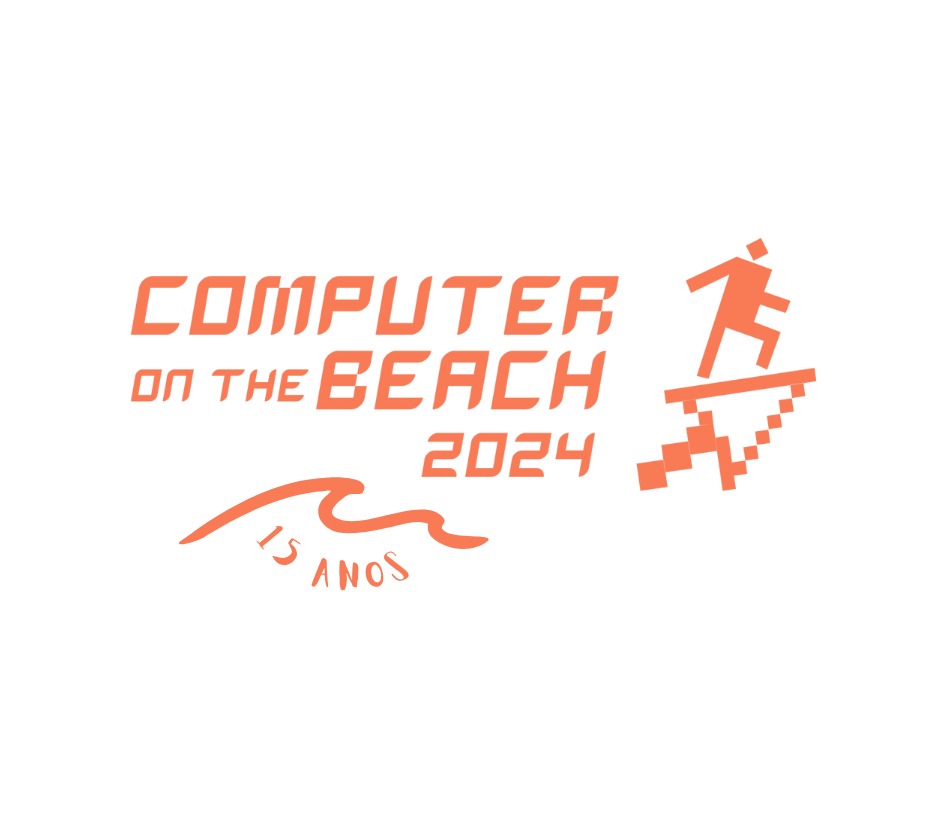

ABSTRACT
Hypertension is the leading cause of death worldwide, considering
cardiovascular diseases. In its initial phase, it presents no symptoms
and is usually diagnosed when it has already affected other organs.
Continuous blood pressure monitoring allows the discovery of the
first temporary and sporadic events of hypertension. This work
proposes using the non-invasive photoplethysmography (PPG)
signal in conjunction with machine learning techniques to detect
hypertension events. Morphological information is extracted from
signals acquired from a database fed to models trained with the
k-Nearest Neighbors (kNN) and Support Vector Machines (SVM)
techniques. As a result, models were obtained with an accuracy of
up to 82,96 ± 2,12(%), F1-Score of up to 81,90 ± 2,11(%), and false
negative rate of up to 17,30 ± 2,90(%) for the kNN technique and
SVM models have obtained performances of 76.80 ± 2.18(%), 78.20
± 2.65(%) and 3.60 ±3.48(%) accuracy, F1-Score, and false negative
rate, respectively.






O Computer on the Beach é um evento técnico-científico que visa reunir profissionais, pesquisadores e acadêmicos da área de Computação, a fim de discutir as tendências de pesquisa e mercado da computação em suas mais diversas áreas.

